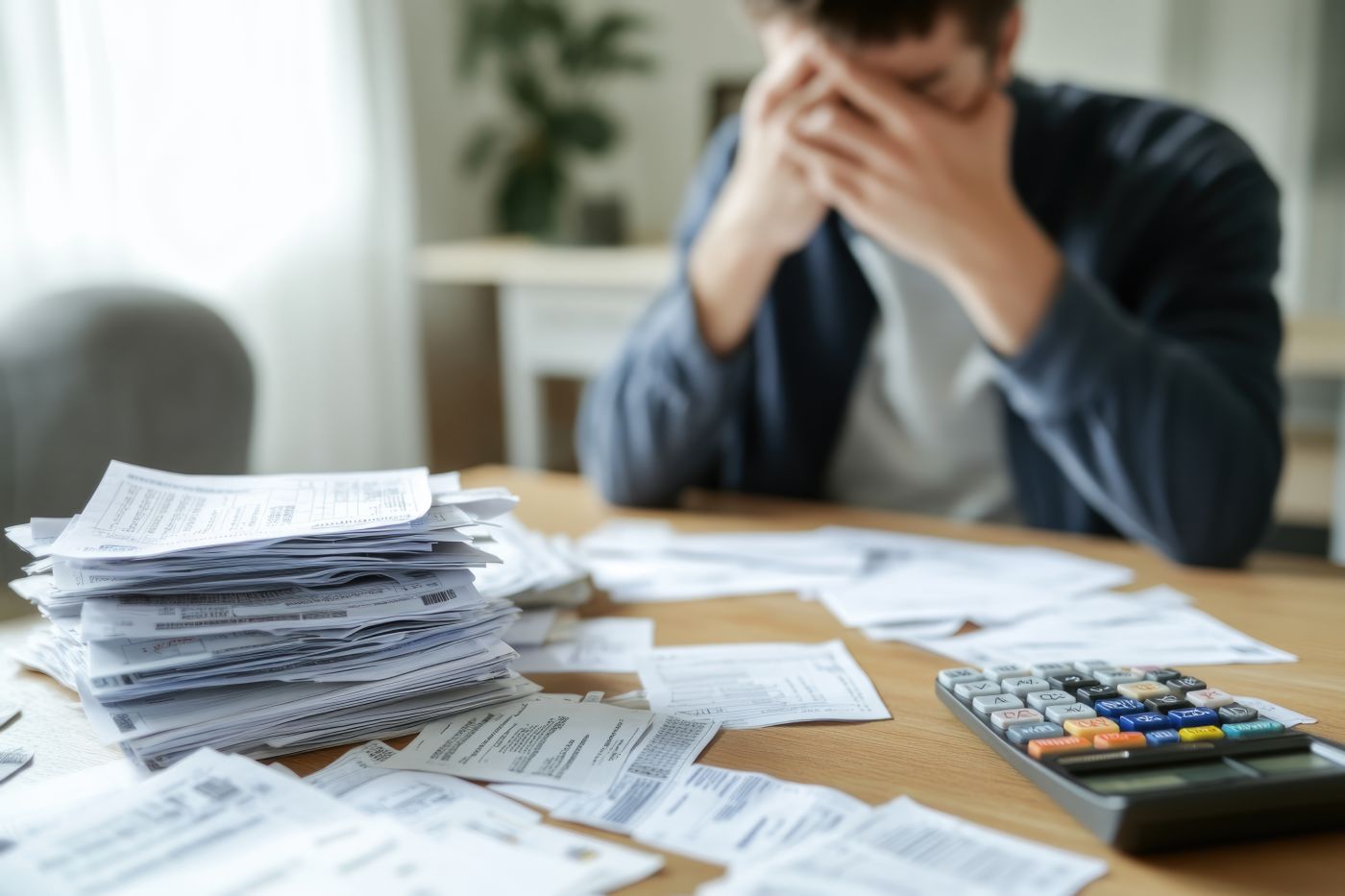Getting rid of Debt

Getting rid of Debt
When you’re saving for a home, debt is a giant pain in the butt.
It can also creep up on you. With the prevalence of credit cards, buy now pay later and pay day lending it’s easy for little debts to become long debts, or big debts and before you know it you’re in a bad financial position and stressed out.
Here are some tips to help you get all those debts out of your life.
-
Track Every Debt & Detail
Start by listing each debt—credit cards, BNPL, personal loans—and note the outstanding balance, minimum monthly payment, interest rate, and due dates. This way you’ll have it all in front of you, with a clear picture of where you actually sit.
-
Choose your attack: Avalanche or Snowball
- Avalanche method: Prioritise paying off the debt with the highest interest rate (often credit cards), while making minimum payments on the rest—it saves on interest costs in the long run.
- Snowball method: Target your smallest balance first for quick wins and motivation, while meeting minimums on others
The best choice depends on your personality: if small wins keep you going, go snowball; if saving money matters most, hit it with the avalanche
-
Consolidate When It Makes Sense
Combining debts into a single, lower-interest personal loan or balance transfer offer can simplify your payments—and potentially save interest Always calculate whether the fees or exit costs outweigh the interest savings. It’s a good idea to talk to a professional about this as well, like an accredited finance broker.
-
Budget, Adjust, Automate
- Budget wisely—identify expenses to trim and allocate that freed-up cash to debt payments. Ask yourself, “do I really need this?”
- Do a subscription audit – Have a look at all your subscriptions and see which ones you can get rid of. Things like streaming services, app subscriptions and in-app payments can really add up. You can also turn getting rid of them into a positive. For example, dropping a streaming service and deciding to watch a few hours less content a week and put that into exercise or a hobby or quality time with the significant other etc
- Automate payments where possible to avoid late fees. It also takes the discipline out of having to log in and make a payment on time.
-
Reach Out for Help
If you’re feeling overwhelmed:
- Contact lenders to negotiate payment extensions or revised due dates—some providers may offer flexibility.
- Explore balance-transfer credit cards with 0% introductory offers—but read terms closely, especially regarding transfer or annual fees and what happens when the offer ends.
-
Lock in Wins and Build Good Habits
- Set a goal and acknowledge each milestone—every paid-off debt is a victory. Have a credit card cut up celebration. Once they are paid off, get rid of them.
- Once debt is managed, reinforce habits like budgeting, saving, and avoiding impulse financing.
The ability to control debt and master the mindset of delayed gratification are 2 of the best skills you can have for your financial wellbeing. Influencers and advertisers on social media will be slamming your feed telling you that you need it now and you don’t have to pay for it until forever, but they are only interested in making profit.
The truth is, you don’t need it now and if you ever do need it, you’ll get it when you can afford it. Remember, you are the boss of your own financial future. Low debt is also closely aligned with low stress, so what’s good for your wallet is usually good for your mind.


beforeuloan.com is backed by Australia's leading national association for finance and mortgage brokers, FBAA. Brokers ensure loan customers like you have choice, transparency and confidence in the market.
Be the first one to know about discounts, offers and events weekly in your mailbox. Unsubscribe anytime.














